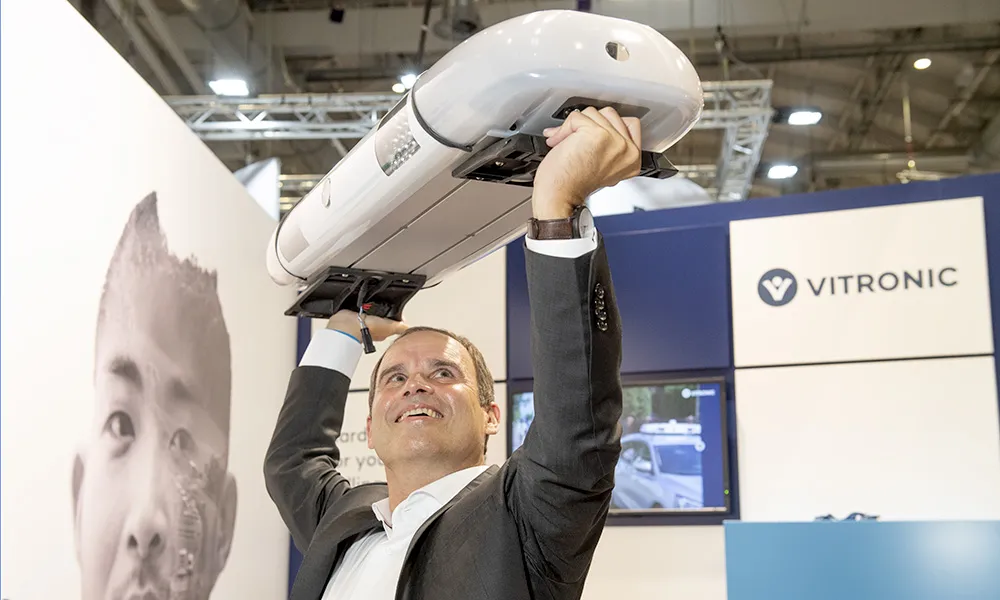T-Systems will be demonstrating the Satellic Tolling Platform, a state-of-the-art, high-quality GNSS-based, road-user charging system at the 2015 ITS World Congress. This includes an EETS-ready, easy-to- install, on-board unit (OBU) and a self-service Web portal for quick-and-simple customer access. All key processes in the lifecycle of a toll collection system – for both end-users and the OBU – will be on show. Insights will be given into the quality of the GNSS toll detection and calculation algorithm as
August 3, 2015
Read time: 2 mins
The demonstration will be in the form of a test drive in a challenging urban environment. The Satellic Tolling Platform is the basis for the T-Systems EETS-ready ’Tolling as a Service’ offering. This enables road-charging organisations to outsource their toll detection and calculation processes to one of the world’s most experienced GNSS system operators, allowing the road-charging organisations to concentrate on customer relations and value-added services.
As the company points out, T-Systems enjoys a long and successful track record in road-charging and telematics services. More than 10 years ago, T-Systems was the first company to design and implement the majority of the elements of the world’s first-ever GNSS-based toll collection system, for heavy goods vehicles (HGVs) for the German highways. Since 2005, T-Systems brings together the expertise gained from the German project in the Satellic Telematic Services division to develop a next-generation, service-based, road-charging system, and to address the growing international market.









